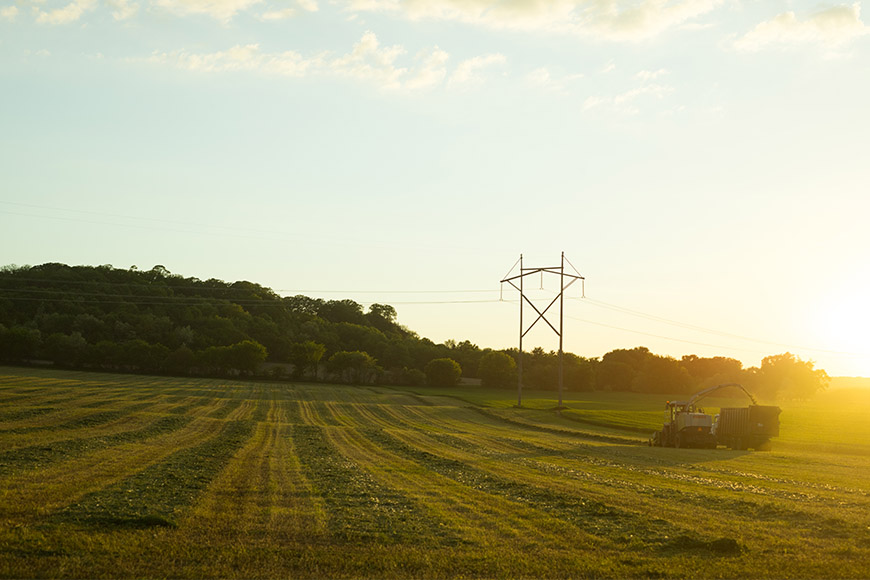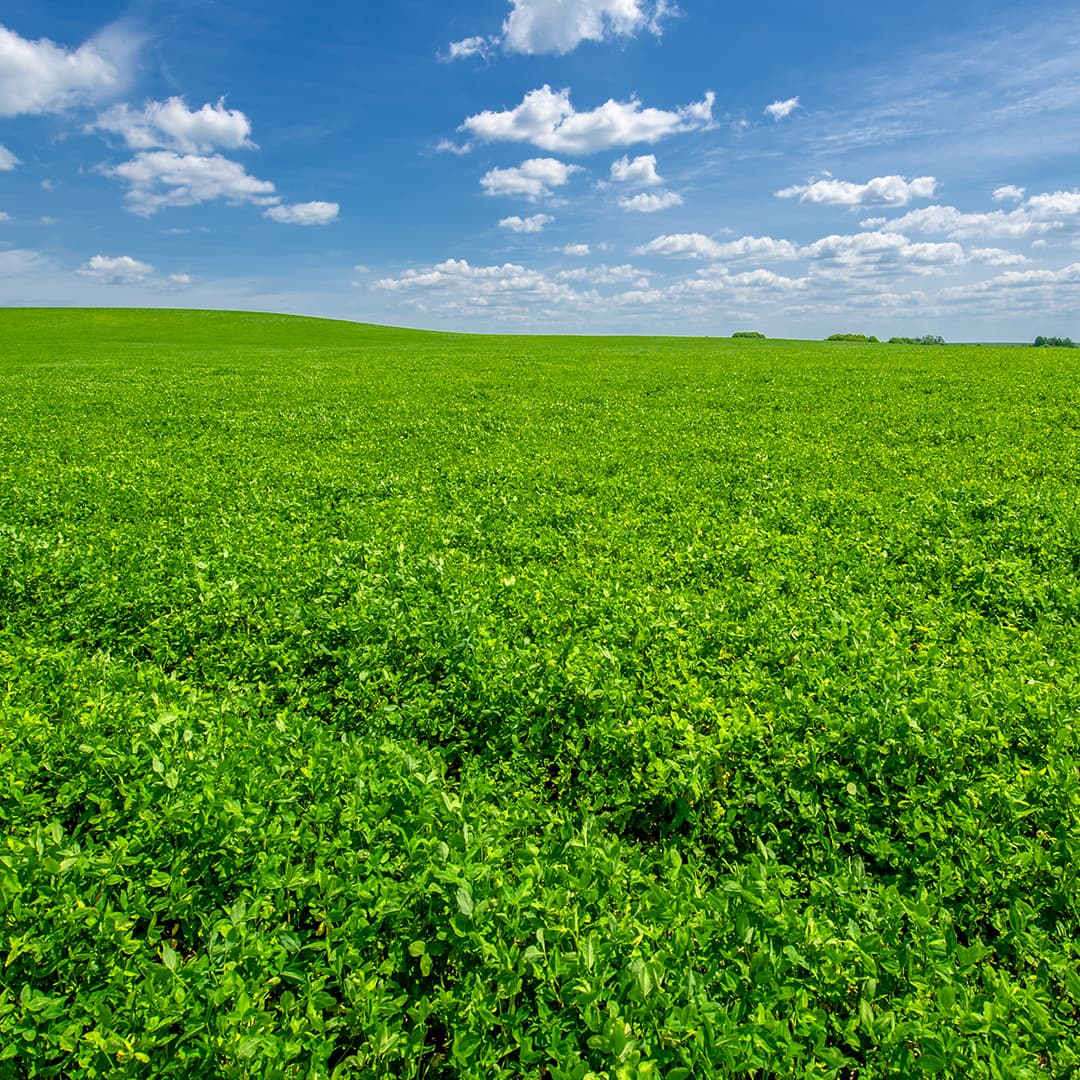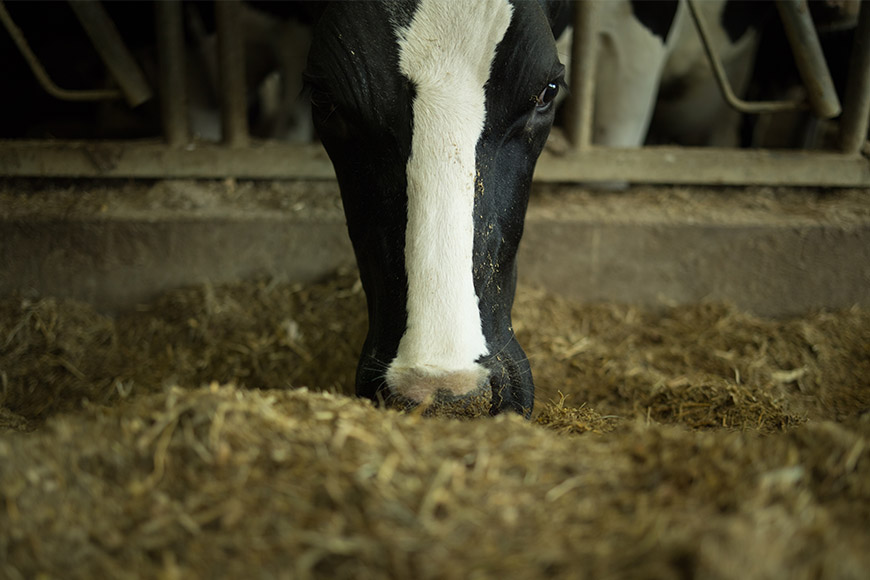When growing alfalfa, a lot of focus is placed on proper fertility and management before the seed ever hits the ground. This is important because appropriate pH and soil nutrient levels are critical for successful stand establishment and growth. But care needs to be taken post-establishment as well to ensure continued success and persistence.
Alfalfa plants are only able to meet their genetic potential when their nutritional needs are met. Many producers shift to premium genetics that have higher yield potential without making changes to their fertilizer programs. This is a big mistake when considering the economic returns on their investment. Let’s discuss a few key nutrients and how you can address them in-season.
Phosphorus
It is common knowledge that alfalfa has its highest yield potential in the first cutting of the year with later cuttings usually having lower production for several reasons. Research has found that splitting fertilizer applications throughout the season can help improve alfalfa production throughout the entire growing season.
Phosphorous (P) is a great example of this. Research from California has found that applying smaller amounts of P as a topdress post-establishment can have marked improvements on alfalfa yields and help minimize P fixation in the soil. P applications should be made in late summer or early autumn, as it can be affected by temperature and also does take some time to become available for use by the plant, but coupling this with an early-season application can help more evenly distribute availability.
Potassium
Applying potassium (K) fertilizers post-establishment is critical for optimal yield and persistence. Since K is a mobile nutrient, applying all the needs for stand life at establishment is usually not a recommended practice. Some research has found that applying K along with P after first and last harvests were the best method of improving seasonal production and seeing more pronounced later season growth. However, always check with your trusted advisor on the best method for your specific needs.
An interesting note about alfalfa and soil K is that alfalfa is considered a luxury consumer, where it will absorb K in excess of its needs without seeing impacts on production. This is one of the reasons why soil testing and continued monitoring is critical for ensuring you are applying fertilizers in the appropriate amounts.
Sulfur
Sulfur (S) is another nutrient that has received more attention in recent years. Historically, we have not had to worry about sulfur needs because there was plenty available in the soil through industrial pollution in the atmosphere. With improved regulations and cleaner industrial processes, we are seeing areas where S deficiency is becoming an issue.
Applying S in appropriate amounts can have significant impacts on yield and quality. Research in Montana found that in S-deficient soils, yield deficiencies could not be overcome by simply adding more P and K. S was required to reach optimal production. In some treatment plots, yield was improved by 30% when S deficiencies were corrected. One thing to note when creating a S fertilizer plan is that soil tests are not a great indicator of available S in the soil. Tissue testing should be employed along with soil testing to ensure requirements are appropriately addressed.
Boron
Boron and other micronutrients should also be monitored and deficiencies addressed. Similar to S, tissue testing is usually a better method for diagnosing any of these issues and should be used in combination with soil tests.
Nutrient Balances
No one nutrient should be evaluated in a vacuum. Nutrient balance is also critical. Just because some nutrients are sufficient doesn’t mean the plant is able to overcome deficiencies in other nutrients. For example, a Purdue study found that stands fertilized with P but not K yielded less than unfertilized control stands. Ensuring you evaluate your entire fertility program and don’t just focus on one or two nutrients will help ensure maximum production of your alfalfa genetics.
Fine-tuning your fertility program in-season can help you unlock a new level of forage yield and quality. Work with your local agronomist and alfalfa dealer to determine which in-season fertility steps are best for you to take.




